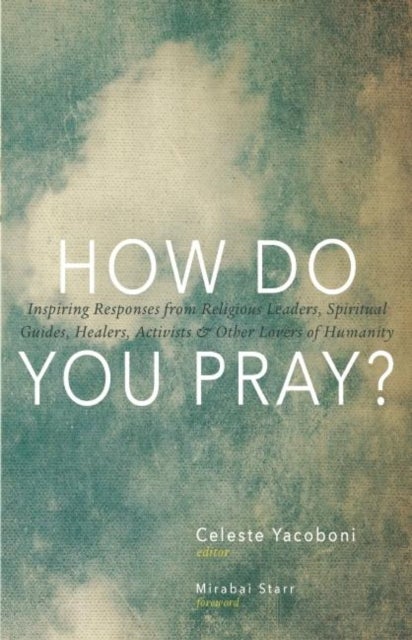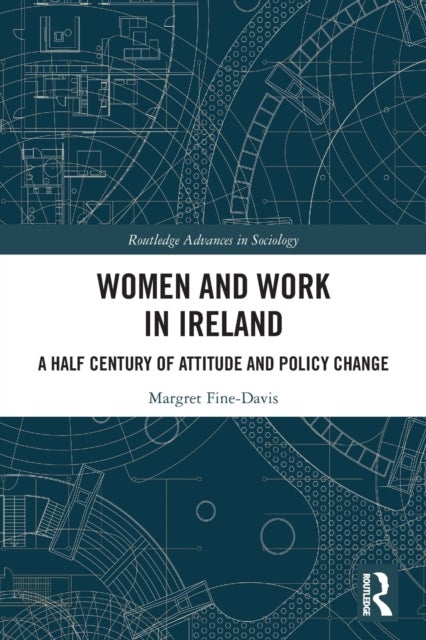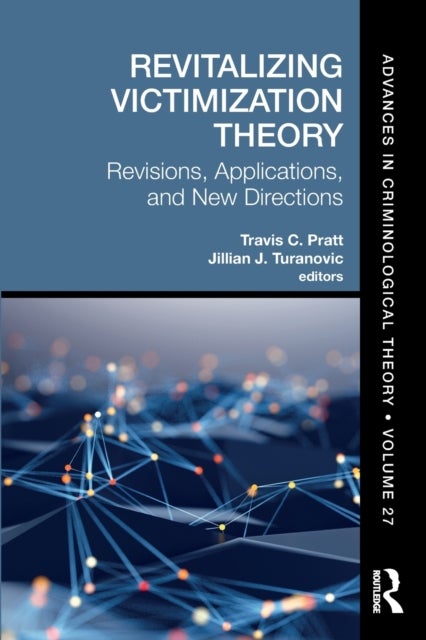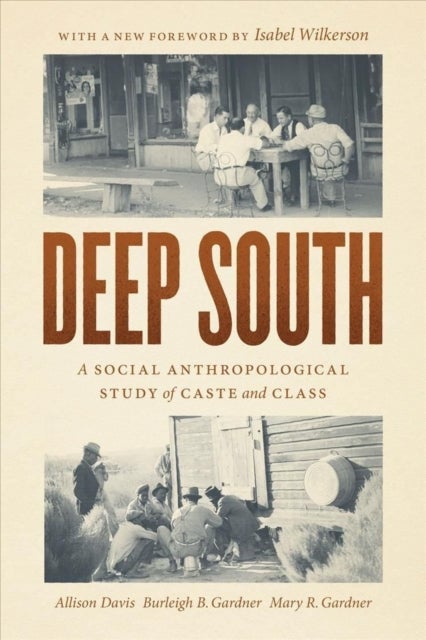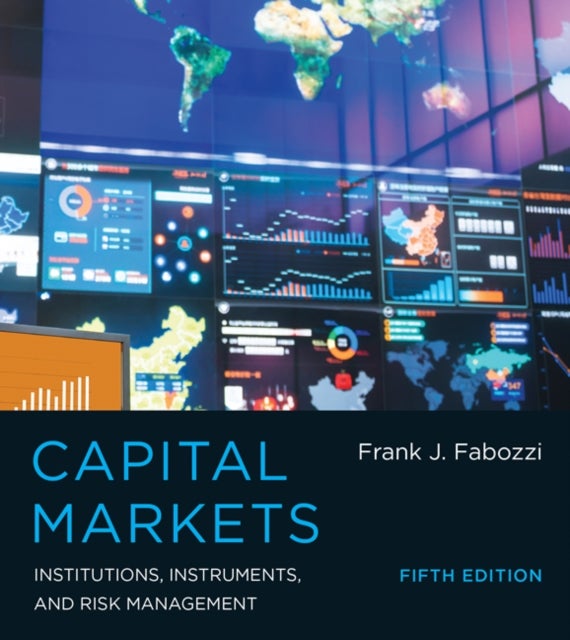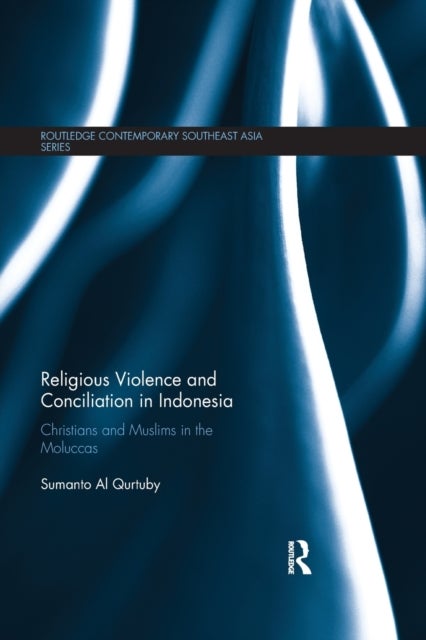
Religious Violence and Conciliation in Indonesia av Sumanto (King Fahd University of Petroleum and Minerals Saudi Arabia) Al Qurtuby
499,-
<P>Maluku in eastern Indonesia is the home to Muslims, Protestants, and Catholics who had for the most part been living peaceably since the sixteenth century. In 1999, brutal conflicts broke out between local Christians and Muslims, and escalated into large-scale communal violence once the Laskar Jihad, a Java-based armed jihadist Islamic paramilitary group, sent several thousand fighters to Maluku. As a result of this escalated violence, the previously stable Maluku became the site of devastating interreligious wars. </P><br/><br/><P></P><br/><br/><P>This book focuses on the interreligious violence and conciliation in this region. It examines factors underlying the interreligious violence as well as those shaping post-conflict peace and citizenship in Maluku. The author shows that religion¿both Islam and Christianity¿was indeed central and played an ambiguous role in the conflict settings of Maluku, whether in preserving and aggravating the Christian-Muslim conflict or supporting or i


